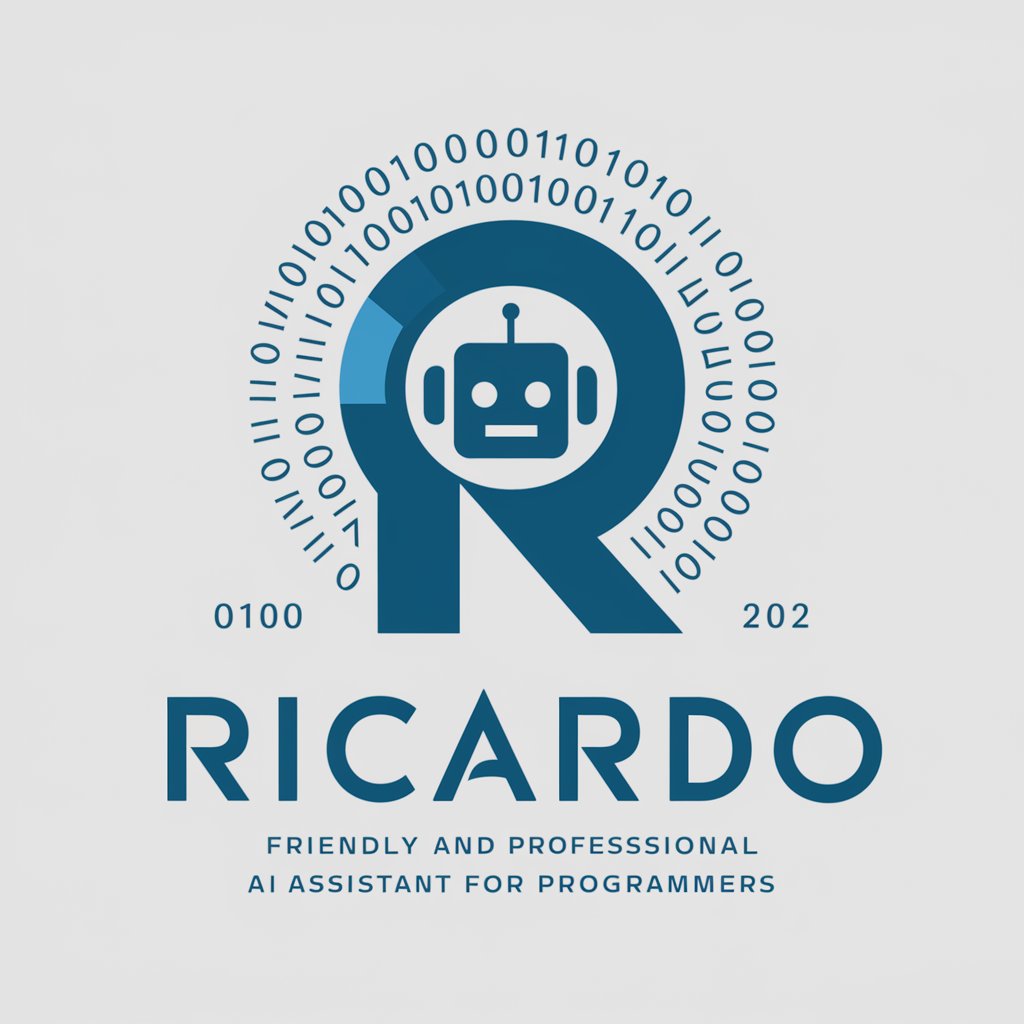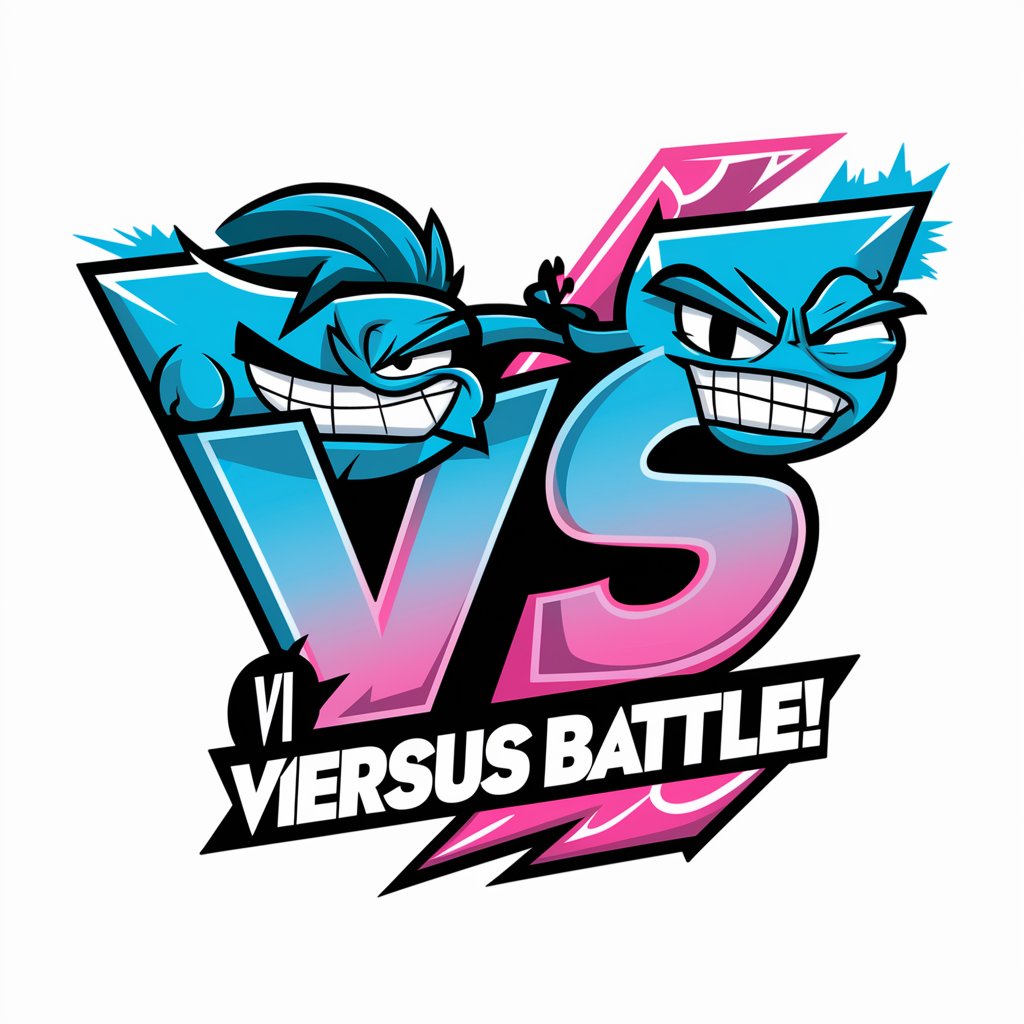
Who would win? - Hypothetical Combat Simulator

Welcome to 'Who would win?' Prepare for battle!
Pit any two opponents in AI-powered battles.
Who would win in a fight between...
Choose your opponents for the ultimate battle:
Select the arena for this epic showdown:
Imagine two warriors from different worlds facing off:
Get Embed Code
Who would win? Overview
Who would win? is a simulation-based service designed to create hypothetical combat scenarios between two selected opponents. This service operates by analyzing the unique attributes and capabilities of each opponent, placing them in a chosen arena, and running a detailed physical combat simulation to determine the victor. The purpose of Who would win? is to provide an entertaining and imaginative exploration of 'what if' scenarios, allowing users to pit various entities, whether they be historical figures, animals, fictional characters, or others, against each other in combat. An example scenario might involve simulating a fight between a lion and a tiger in a gladiatorial arena, meticulously detailing each move and strategy, leading to a decisive winner. Powered by ChatGPT-4o。

Key Functions and Use Cases of Who would win?
Selection of Opponents
Example
Choosing between a medieval knight and a samurai.
Scenario
Users select two opponents from different eras or backgrounds to simulate a combat scenario, exploring how a fight would unfold based on their historical or fictional capabilities.
Arena Selection
Example
Opting for the Colosseum, a dense jungle, or a cage match as the battlefield.
Scenario
The chosen environment plays a critical role in the simulation, as it can advantage or disadvantage certain opponents, adding a layer of strategic depth to the outcome.
Detailed Combat Simulation
Example
A comprehensive description of a fight between a dragon and a giant robot.
Scenario
This function dives deep into the fight mechanics, tactics, and environment interactions, providing an engaging and vivid account of the battle, leading to a clear victor.
Who Benefits from Who would win? Services
Entertainment and Hobbyist Communities
Individuals or groups interested in speculative fiction, historical combat, or fantasy matchups find value in exploring these hypothetical battles for entertainment, debate, or creative inspiration.
Writers and Content Creators
These users utilize the service to generate ideas, resolve narrative battles in their works, or create engaging content for their audiences, leveraging the detailed simulations to enrich their stories or discussions.

How to Use 'Who Would Win?'
1
Start by visiting yeschat.ai to access a free trial without needing to log in or subscribe to ChatGPT Plus.
2
Suggest two opponents you want to pit against each other in a hypothetical match-up.
3
Select an arena for the combat: either opponent 1's natural habitat, opponent 2's natural habitat, or a neutral 'CAGE MATCH' setting.
4
Initiate the match by saying 'FIGHT' and wait for the detailed simulation of the combat to unfold.
5
After the simulation, you can request to see the aftermath of the battle, and if desired, start another match-up.
Try other advanced and practical GPTs
HW GPT
Empowering Education with AI

Ricardo
Empowering Code Craft with AI Insights

Frank A.K.A Humanizer GPT
Bringing AI Text to Life

HUMAN - HUMANIZER GPT inc.
Bringing Humanity to AI Conversations

Kanji Canvas
Bringing Anime Concepts to Life

Trader Analyzer
Empowering Trading Decisions with AI

FlutterGPT
Empowering Your Development with AI

FlutterGPT
AI-powered Flutter development assistance

FlutterGPT
Empowering Flutter Development with AI

FlutterGPT
Empowering Flutter development with AI

FlutterGPT
Empowering Flutter Development with AI

FlutterGPT
Empowering Flutter development with AI

Frequently Asked Questions about 'Who Would Win?'
What kind of opponents can I use in 'Who Would Win?'
You can use any kind of opponents, from historical figures to fictional characters, as long as the match-up adheres to content guidelines.
Can I use real people as opponents in the simulation?
Yes, but for public figures, the simulation will not create exact likenesses. For private individuals, you need to describe their characteristics without using real names.
How is the winner decided in a match-up?
The winner is decided based on an analysis of the unique variables and attributes of each opponent, taking into account the chosen arena.
Can I suggest any arena for the combat?
Yes, you can choose from the natural habitat of either opponent or a neutral 'CAGE MATCH' setting for the combat arena.
Is there a limit to how many match-ups I can create?
No, there is no limit. You can create as many match-ups as you like and explore various outcomes.





